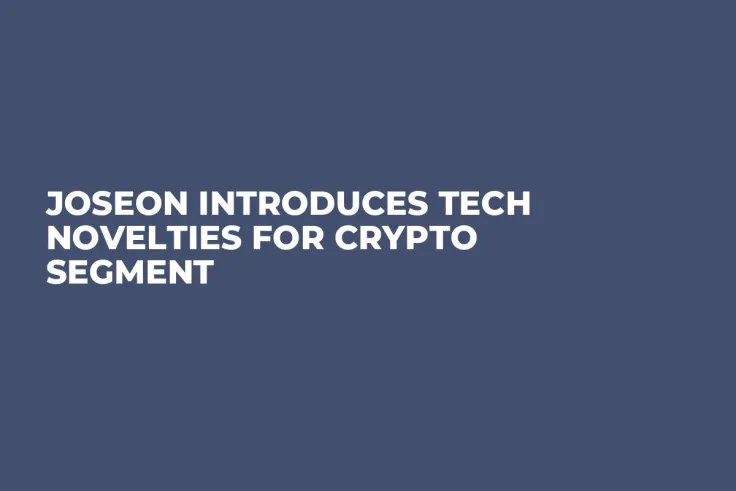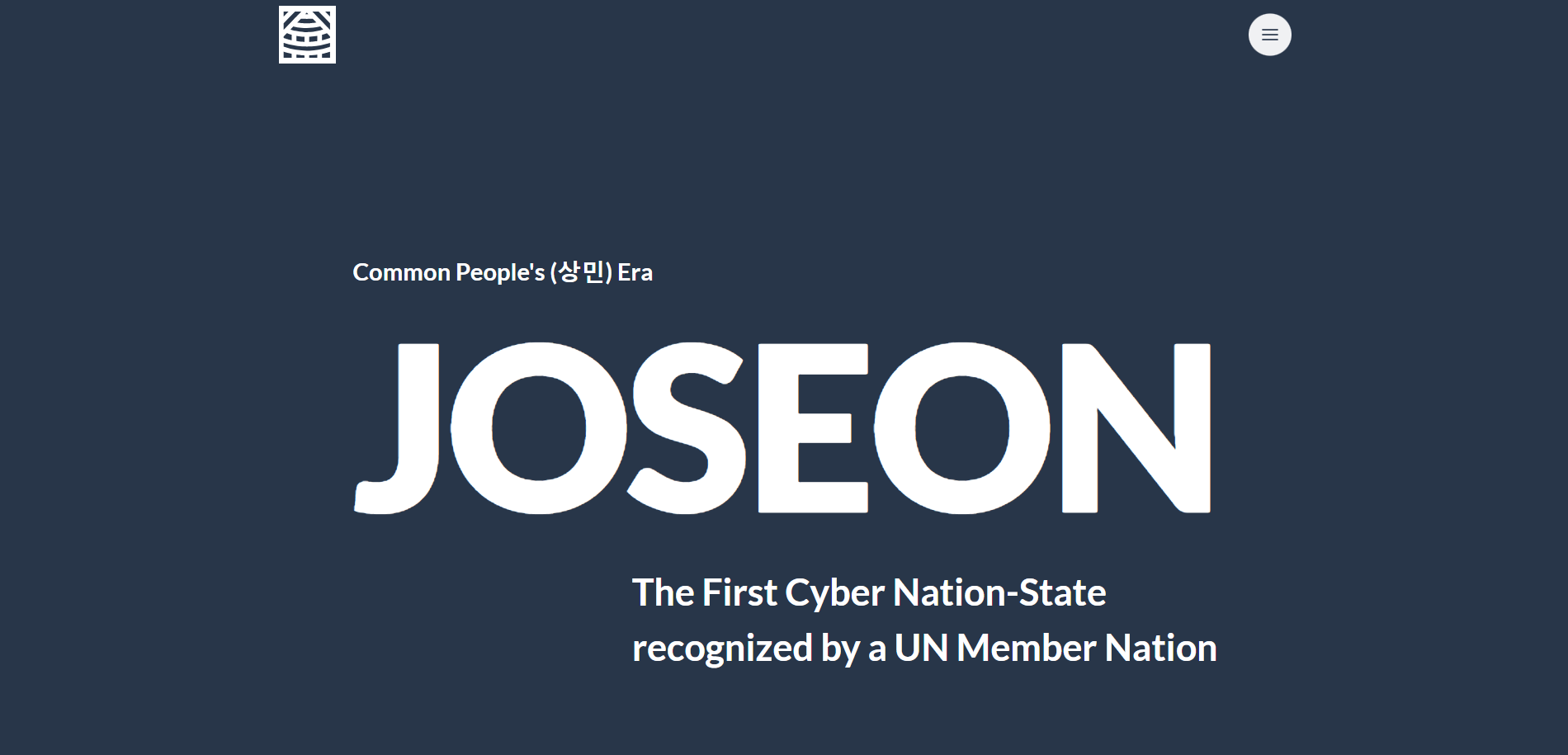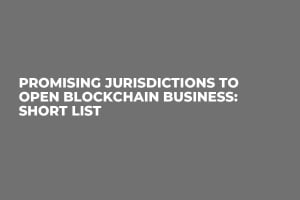
Disclaimer: The opinions expressed by our writers are their own and do not represent the views of U.Today. The financial and market information provided on U.Today is intended for informational purposes only. U.Today is not liable for any financial losses incurred while trading cryptocurrencies. Conduct your own research by contacting financial experts before making any investment decisions. We believe that all content is accurate as of the date of publication, but certain offers mentioned may no longer be available.
The unique concept of a digital nation-state, inspired by the legendary Joseon Empire, a Korean empire in the 14th century, offers a fresh perspective on the intersections of cultural communication, governance and technology in the digital world.
Joseon pioneers concept of blockchain-based nation state, scores recognition
Publicly introduced in 2023, Joseon promotes itself as a pivotal accomplishment for the adoption of both cryptocurrency and blockchain technology as a whole. The project develops a new-gen digital legacy for a medieval empire that existed on the Korean peninsula.

At the heart of Joseon's appeal is the Joseon Mun (JSM), a revolutionary currency that merges all benefits of government-backed fiat with the decentralization and freedom of a permissionless blockchain.
Technically, this combination makes Mun a new kind of digital asset for newcomers and cryptocurrency professionals. Joseon's approach to governance and digital citizenship is equally compelling. In a world where crypto projects often clash with regulatory frameworks, Joseon provides a blueprint for a harmonious balance.
According to the Code of National Governance, the digital nation-state of Joseon recognizes all languages as its national languages and all religions as official ones. Per its statement, the country is operated as a direct democracy constitutional monarchy.
In some reviews, it is recognized as a promising jurisdiction for opening cryptocurrency products of all types. Despite still being very young, it may be a dangerous competitor for the largest and most influential blockchain development hubs.
Since its launch, Joseon has managed to gain official recognition by Antigua and Barbuda, a U.N. member state. The two countries agreed on bilateral investment, cultural, sports and scientific programs, as well as on investment initiatives of various types.
New governance mechanisms kicked off
At the same time, the country of Joseon has no territorial claims to either country on the Korean Peninsula.
It is a model of how digital innovation can coexist with regulatory requirements, offering insights into future possibilities for blockchain governance. Interestingly, Joseon and its IDs have already been integrated into LATOKEN, and Biconomy recently announced they will do the same.
As such, Joseon’s JSM token is accessible on some leading centralized and decentralized exchanges.
From the onset of its operations, Joseon integrates blockchain into its governance and could offer insights into how future digital entities might operate. This could have profound implications for Web3 projects at various stages of development, especially if they intersect with areas like digital identity, governance tokens or decentralized autonomous organizations (DAOs).
Community and cultural identity are in focus for Joseon
Furthermore, Joseon's emphasis on community and cultural identity is a lesson in the power of shared values. In the volatile world of crypto, the strength and sustainability of a project often hinge on its community. Joseon's model shows how a shared cultural heritage can be a unifying and stabilizing force for a digital community.
In a nutshell, Joseon is an outstanding cryptocurrency experiment; it is a forward-looking, culturally rich experiment in digital statehood. It offers a unique blend of tradition and innovation, governance and autonomy, community and individuality.

 Dan Burgin
Dan Burgin Vladislav Sopov
Vladislav Sopov